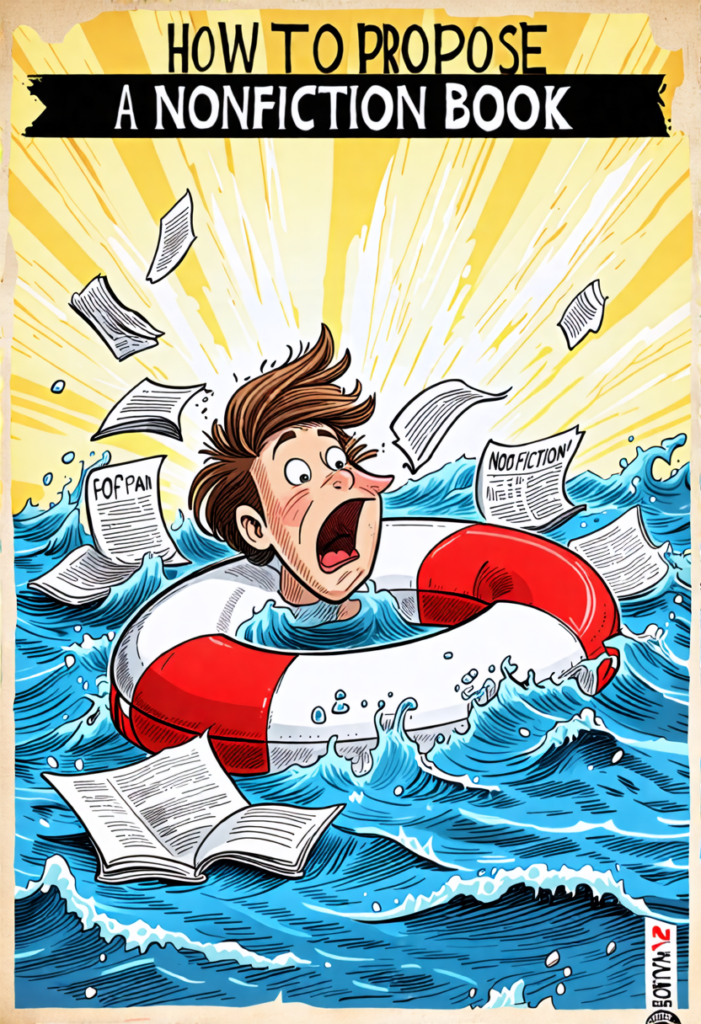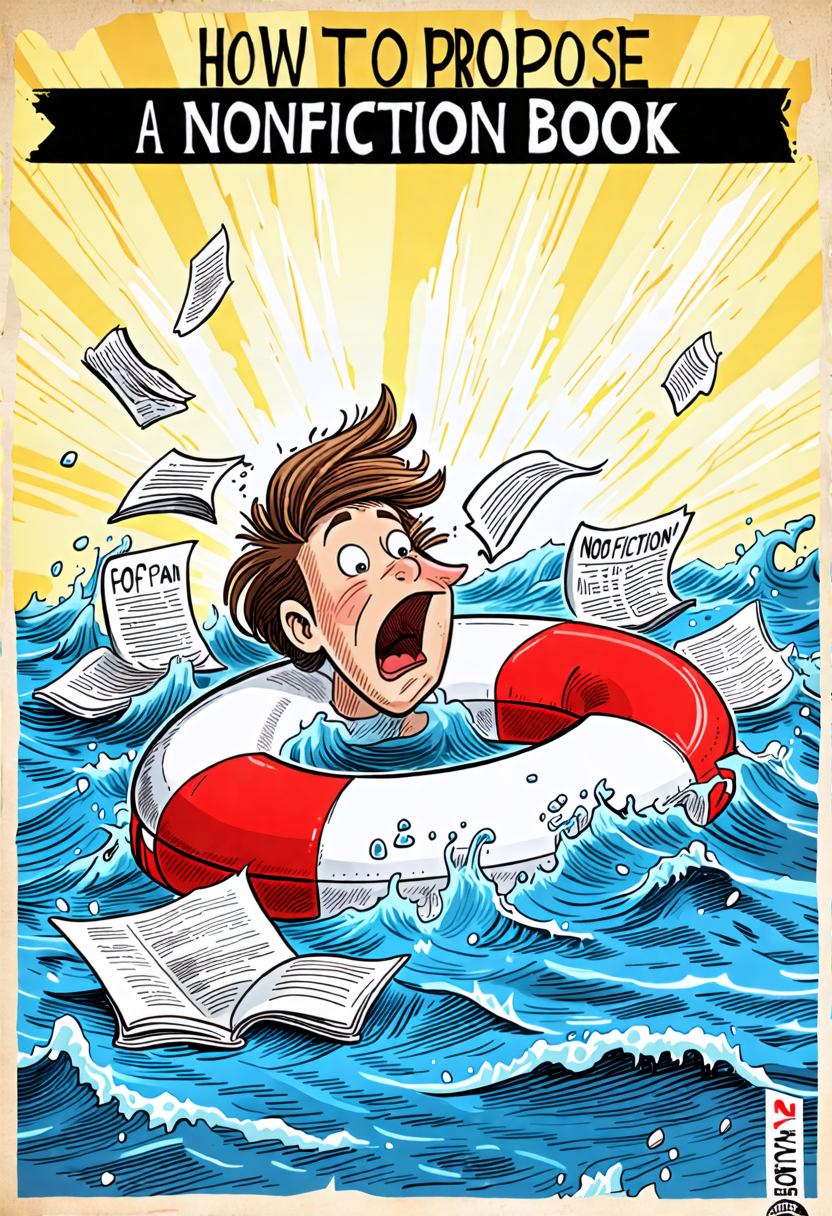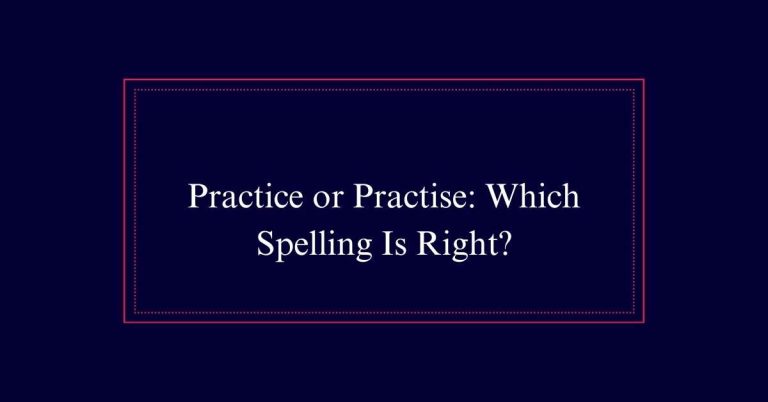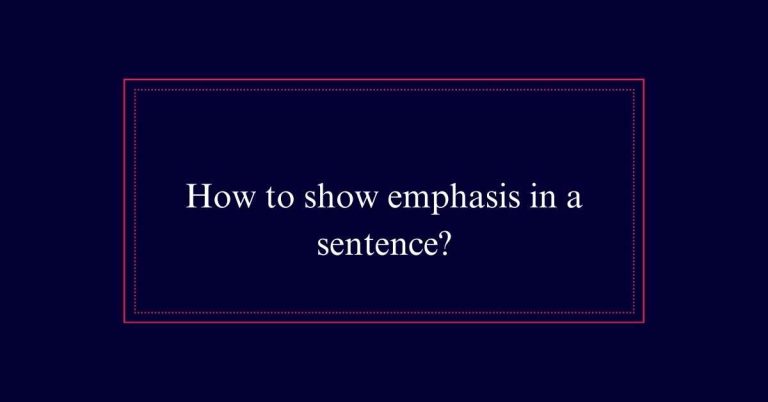How to propose a nonfiction book?
Proposing a nonfiction book involves several key steps. Start by selecting a subject you’re passionate about and make sure it fills a gap in the market. Conduct thorough research to gather credible information and insights. Craft a detailed proposal with a compelling overview, a chapter outline, target audience, and market potential. Include an engaging author bio and sample chapters showcasing your unique voice. A literary agent can assist in securing a deal. Present your materials clearly and concisely. Handling rejection gracefully is also essential.
Understanding Book Deals
Nonfiction book deals encompass a diverse range of subjects, from historical events to scientific discoveries to personal memoirs. Authors must be deeply passionate about their chosen subject. This passion translates into compelling writing.
To secure a book deal, authors write a detailed book proposal. This proposal includes research, structure, and sample chapters. Literary agents play an essential role. They help authors navigate the complex publishing process and secure better deals.
For first-time authors, advances are often modest. They may earn royalties based on book sales. Understanding these elements is essential for anyone looking to propose a nonfiction book. A well-prepared author stands a better chance of success in the competitive world of publishing.
Choosing Your Subject
Selecting a subject for your book is a critical first step that demands thoughtful consideration and genuine interest. Your chosen subject should not only fascinate you but also appeal to a broad audience. This guarantees sustained motivation throughout the writing process and increases the book’s marketability. Consider your expertise, the relevance of the topic, and existing gaps in the literature.
| Criteria | Description | Example Subjects |
|---|---|---|
| Personal Passion | Subjects you are deeply passionate about | Travel, Cooking, Personal Growth |
| Market Demand | Topics that have a high reader interest | Health, Technology, True Crime |
| Unique Perspective | Offering a fresh angle or new insights | Unexplored Histories, Untold Stories |
| Expertise | Areas where you have significant knowledge | Science, Business, Education |
| Literature Gaps | Subjects underrepresented in current books | Niche Hobbies, Emerging Fields |
Choosing wisely sets the stage for a compelling proposal.
Researching Your Proposal
Thorough research is the backbone of a successful book proposal. Begin by understanding your subject deeply. Gather credible sources and data to support your ideas. This showcases your expertise and commitment to the topic.
Next, analyze the market. Identify existing books on similar subjects and note their strengths and weaknesses. This helps you position your book uniquely. Interview experts and potential readers to gain diverse perspectives. Their insights can add depth to your content.
Additionally, stay updated with recent developments related to your topic. This guarantees your book is current and relevant. Finally, organize your research systematically. Use tools like spreadsheets or note-taking apps to keep track of your findings.
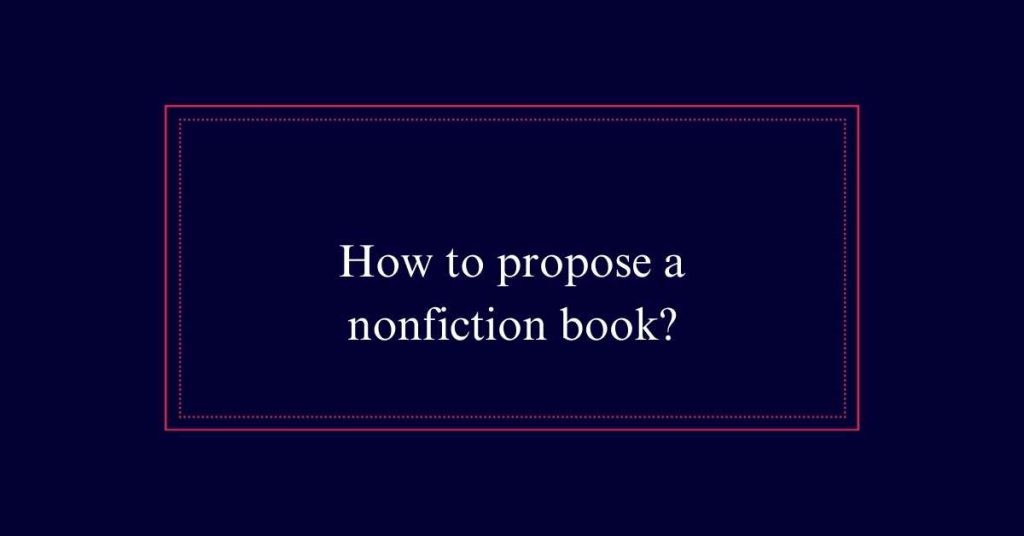
Structuring Your Proposal
Structuring your proposal effectively can make the difference between capturing an agent’s interest and being overlooked. Start with a strong overview. Clearly state what your book is about and why it matters.
Follow this with a detailed chapter outline. Each chapter summary should be concise but informative, showing the progression of your ideas.
Include a section on the target audience and market potential. Explain who will buy your book and why.
Don’t forget to add an author bio. Highlight your qualifications and why you are the best person to write this book.
Writing Sample Chapters
When drafting sample chapters, showcasing your unique voice and the essence of your nonfiction book is crucial. Start with a compelling opening that grabs the reader’s attention. Use clear and engaging language to convey your ideas. Make sure that your writing reflects the tone and style of the entire book.
Include vivid details and examples to illustrate your points. Structure your chapters logically, making it easy for readers to follow along. Focus on delivering valuable content that highlights your expertise and passion for the subject.
Lastly, polish your chapters meticulously, ensuring they are free of errors and inconsistencies. These strategies will help your sample chapters stand out and make a strong impression on potential publishers.
Finding a Literary Agent
After perfecting your sample chapters, the next step is to find a literary agent who can champion your nonfiction book. A literary agent will help you navigate the publishing process and secure a better deal.
To find the right agent, start by researching those who have experience in your subject area. Look at their client lists and submission guidelines. Personalize each query letter to show that you’ve done your homework and understand their interests.
Research literary agents:
Check their specialties and past successes.
Personalize your query:
Tailor your letter to each agent.
Follow guidelines:
Adhere strictly to each agent’s submission requirements.
Network:
Attend writing conferences and workshops to meet agents in person.
Finding the right agent is essential for your book’s success.
Formatting Your Proposal
A well-formatted book proposal can greatly enhance your chances of capturing a literary agent’s interest. Start by keeping your content concise and focused.
Use a clean, professional font like Times New Roman or Arial, and guarantee your text is justified. Include a clear title page with your book’s title and your contact details.
Organize your proposal with headings and subheadings to guide the reader. Use bullet points for easy readability and visual aids like charts or graphs if relevant.
A compelling introduction, a thorough chapter outline, and sample chapters should follow one another logically in each section.
Double-check for typos or formatting errors to present a polished and professional document.
Handling Rejection
Rejection is an inevitable part of the journey to getting your nonfiction book published. It is essential to view rejection as a stepping stone rather than a setback. Each rejection provides an opportunity to refine and strengthen your proposal.
Here are some key strategies to handle rejection effectively:
- Seek Feedback: Constructive criticism can provide valuable insights. Use it to improve your proposal.
- Stay Persistent: Many successful authors faced numerous rejections. Keep submitting your work.
- Revise and Resubmit: Each rejection is a chance to revise your proposal. Make it better and more compelling.
- Maintain Perspective: Remember that rejection is not personal. It is part of the process.
Handling rejection with resilience will ultimately enhance your chances of success.
Frequently Asked Questions
How Do I Determine the Best Target Audience for My Nonfiction Book?
Determine the best target audience by identifying who would benefit most from your content. Analyze similar books, understand reader demographics, and consider your subject’s appeal. Tailor your proposal to address their interests and needs effectively.
What Role Do Endorsements and Testimonials Play in a Book Proposal?
Endorsements and testimonials add credibility to a book proposal. They demonstrate support from respected individuals, increasing the proposal’s appeal to publishers. Such endorsements can validate the book’s importance and potential impact, making it more attractive for acquisition.
How Can I Effectively Use Social Media to Promote My Book Proposal?
Effectively use social media by sharing engaging content related to your book’s topic. Build a following by interacting with your audience. Use platforms to showcase your expertise, share updates, and create anticipation for your book’s release.
What Are the Common Mistakes to Avoid in a Nonfiction Book Proposal?
Common mistakes in a nonfiction book proposal include lack of clarity, poor organization, insufficient market research, and failure to demonstrate the author’s expertise. Avoiding these errors can greatly enhance the proposal’s appeal to literary agents and publishers.
How Should I Approach Potential Co-Authors or Contributors for My Book?
Approach potential co-authors or contributors with a clear proposal outlining the book’s concept, their role, and potential benefits. Demonstrate your passion for the project and how their expertise will enhance the book’s value and impact.
